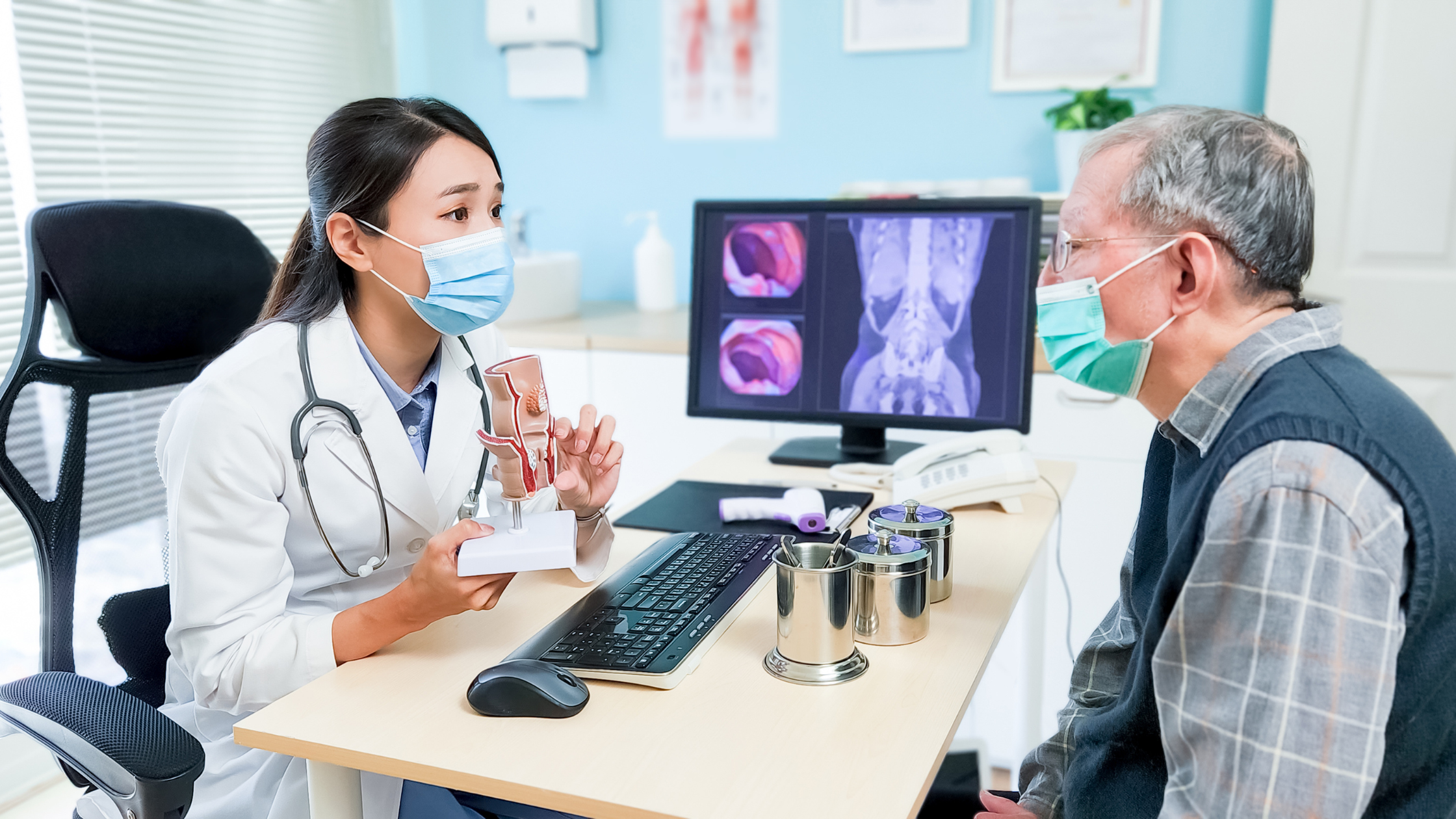Do You Need a Colonoscopy? What the Latest Research Says
Written by TYE Medical on Nov 28th 2022
On the fence about getting your first (or next) colonoscopy? The latest research reveals that they’re not as effective as once thought but still the best way to reduce your risk of colorectal cancer.
The study was published in the New England Journal of Medicine and revealed that colonoscopies are 31% effective in preventing cancer and reduced the risk of death by 50%. Previous studies suggested a notably higher rate of effectiveness and some have indicated the risk of death could be reduced by as much as 68%.
So what does that mean for you? How should this influence your decision to make (or not make) that next appointment? Let’s break it down.
Colonoscopies Still Reduce Cancer Rates and Prevent Deaths

How common is colorectal cancer? According to the American Cancer Society, about 1 in 23 men and 1 in 25 women will be diagnosed with colorectal cancer in their lifetime. Most will be diagnosed at age 50 and above.This means it’s important to identify and remove colon polyps before they turn cancerous. Colonoscopies are still the most effective means for early cancer detection. It’s important to start getting regular colorectal cancer screenings at age 45 as recommended by the American Cancer Society and the CDC. While the effectiveness of these screenings isn’t as impressive as once thought, it is still the most effective way to prevent colorectal cancer.
If you’re still considering skipping your next appointment, you might want to opt for a stool-based test, especially if you're at low risk for colorectal cancer. More research needs to be done to understand the effectiveness of less invasive alternatives.
Who Needs a Colonoscopy?

Your risk of colorectal cancer increases with age. The age to begin regular colonoscopy screenings has lowered from age 50 to age 45 to ensure early detection. If you’re of average risk, your doctor will recommend routine screenings every 10 years. If your doctor finds your risk is increased, you may be advised to have screenings at more frequent intervals.
Your doctor may recommend you have your first colonoscopy prior to age 45 and receive screenings more often. This is especially true if you have:
- Inflammatory Bowel Disease (IBD) like Crohn’s disease or ulcerative colitis
- A family history of colorectal cancer or colorectal polyps
- Certain genetic syndromes that affect the colon
If you’re at higher risk for cancer, your doctor can help you understand the right time to begin colorectal screenings. Just be aware that without a previous colorectal cancer diagnosis, insurance companies can limit how often you get a colonoscopy. If you get one at age 35, they may not cover the screening again for another five or 10 years.
How Often to Get a Colonoscopy

As mentioned, for healthy adults of average risk, it’s recommended you get a colonoscopy every 10 years. After age 60, your doctor may recommend a colonoscopy every five years as your risk will be increased. You may not be advised to receive screenings after age 75 or 80, because the procedural risks can outweigh the benefits. But if you are concerned, talk with your doctor to determine what is best in your case.
If you’ve had polyp removal surgery (polypectomy), your doctor will likely recommend that you have another colonoscopy in five years to remove any additional polyps before they become cancerous. Your body is likely to continue producing polyps with the potential for cancer.
If you have diverticulitis, the frequency of screenings depends on the severity of your symptoms. You may need a colonoscopy every 5-8 years. Your doctor can advise on which interval is most beneficial for you.
Ulcerative colitis and Crohn’s disease also increase colorectal risk factor and usually require a colonoscopy every two to five years, depending on how well controlled your condition is. You may not need screenings as frequently if you're managing the inflammation through a special diet.
Colonoscopy Risk and Side Effects

Colonoscopies are generally safe and a common procedure that doctors are very familiar with. Therefore, complications are rare. But risks do increase with age, and you might want to understand potential complications, especially if you are at higher risk or are over age 75. Complications and risk include:
- internal bleeding from an area where tissue or a polyp was removed
- intense pain in your abdomen
- tear, perforation, or injury to the colon or the rectum (this is very rare, occurs in less than 0.002 percent of colonoscopies)
- heart failure in reaction to medications and substances used
- negative reaction to anesthesia or sedative used to keep you relaxed or asleep
- emergency surgery needed to repair any damaged tissue
- blood infection that needs to be treated with medications
- death (also very rare)
For most people, the benefits of early cancer detection far outweigh these uncommon and even very rare complications and risks.
The bottom line is that colonoscopies save lives even if the benefits aren’t quite as high as once believed. Have a conversation with your doctor about your health conditions, risk factors for colorectal cancer, and any likelihood of increased complications during the screening. Once you have a screening plan, stick to it. Colorectal cancer is highly preventable with regular screenings.

